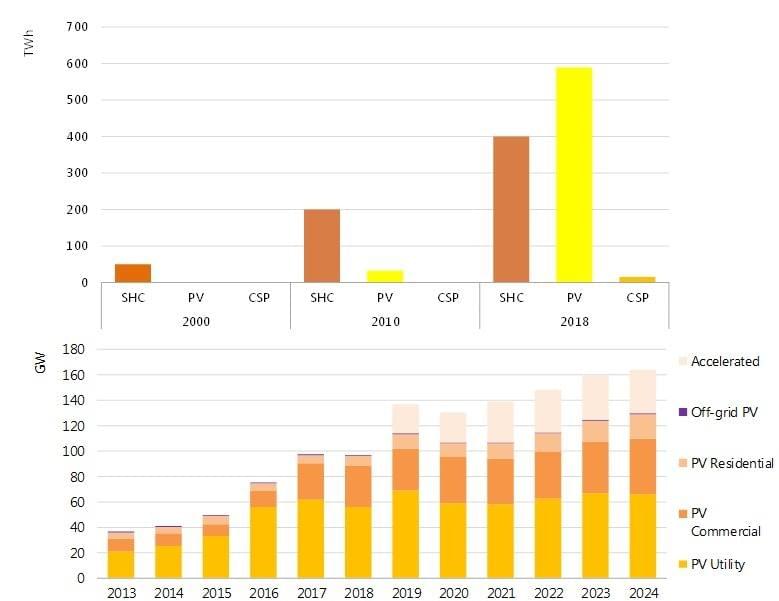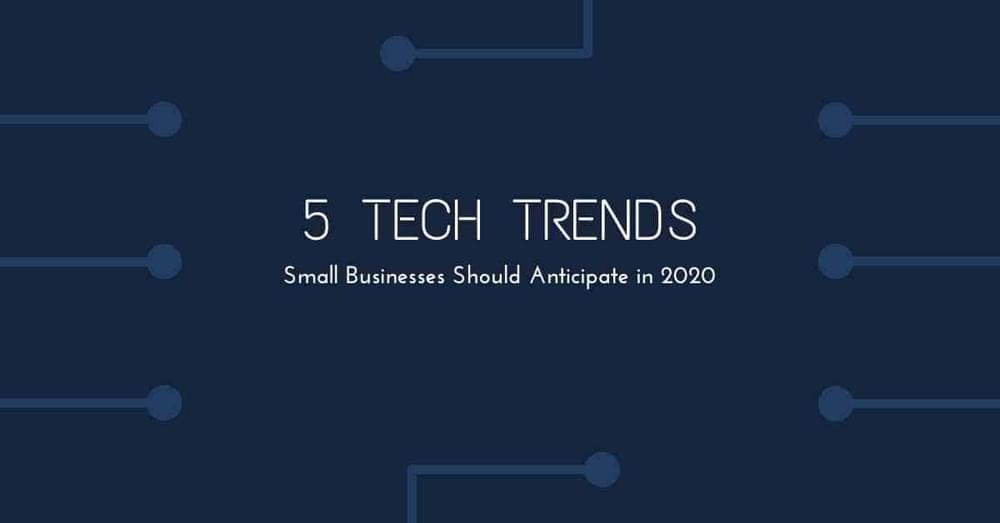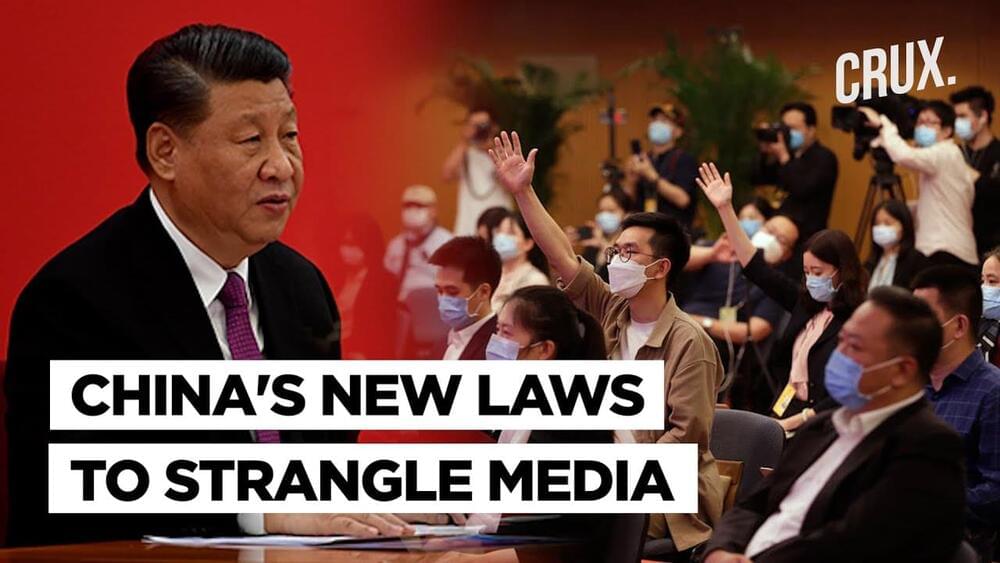This post is a collaboration with Dr. Augustine Fou, a seasoned digital marketer, who helps marketers audit their campaigns for ad fraud and provides alternative performance optimization solutions; and Jodi Masters-Gonzales, Research Director at Beacon Trust Network and a doctoral student in Pepperdine University’s Global Leadership and Change program, where her research intersects at data privacy & ethics, public policy, and the digital economy.
The ad industry has gone through a massive transformation since the advent of digital. This is a multi-billion dollar industry that started out as a way for businesses to bring more market visibility to products and services more effectively, while evolving features that would allow advertisers to garner valuable insights about their customers and prospects. Fast-forward 20 years later and the promise of better ad performance and delivery of the right customers, has also created and enabled a rampant environment of massive data sharing, more invasive personal targeting and higher incidences of consumer manipulation than ever before. It has evolved over time, underneath the noses of business and industry, with benefits realized by a relative few. How did we get here? More importantly, can we curb the path of a burgeoning industry to truly protect people’s data rights?
There was a time when advertising inventory was finite. Long before digital, buying impressions was primarily done through offline publications, television and radio. Premium slots commanded higher CPM (cost per thousand) rates to obtain the most coveted consumer attention. The big advertisers with the deepest pockets largely benefitted from this space by commanding the largest reach.









